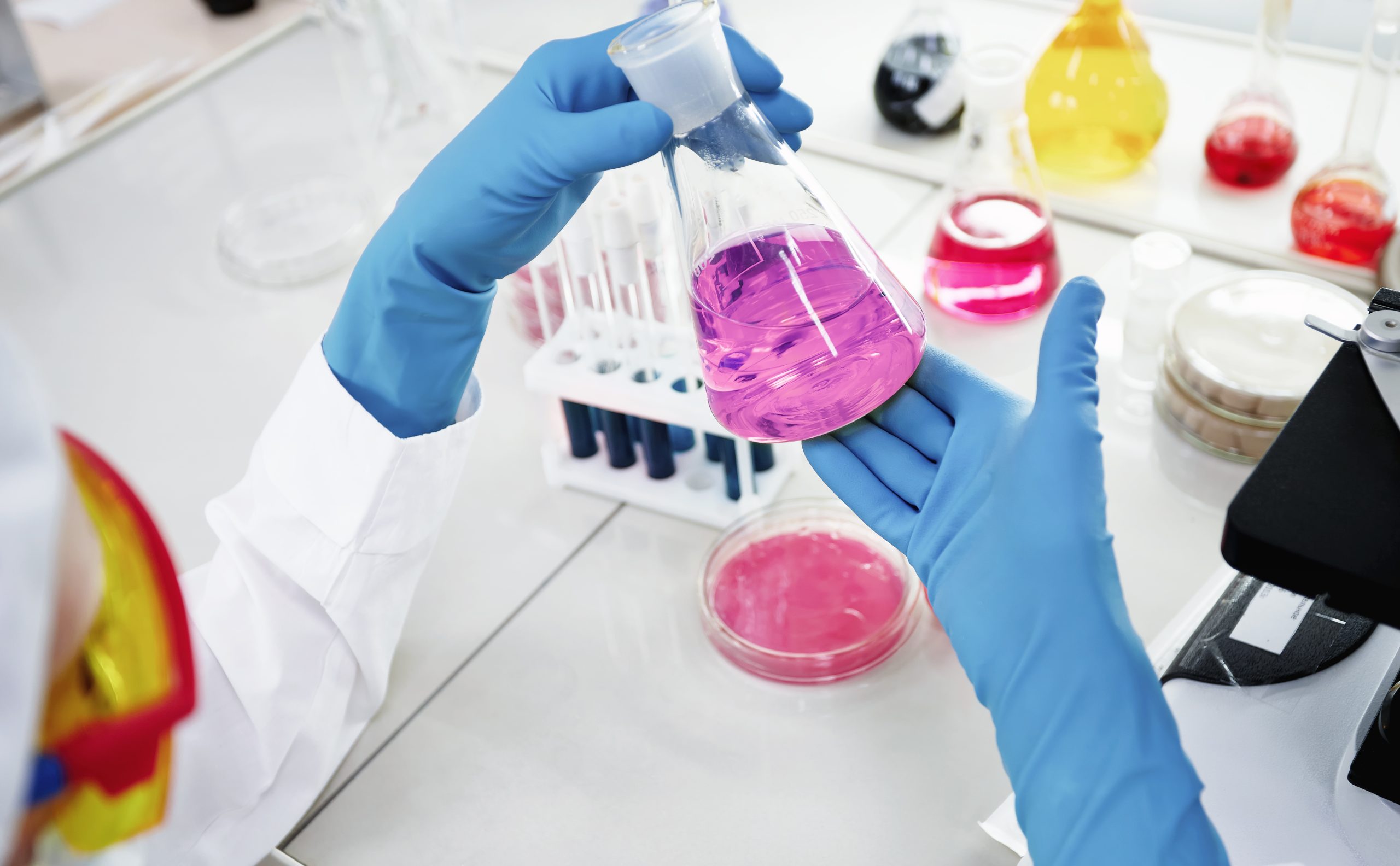For over 13,000 years, humans have been practicing the art of fermentation, transforming various foods and beverages, ranging from kimchi and yogurt to beer and kombucha.
Fermentation, a natural process utilizing microorganisms to convert carbohydrates into alcohol and acids, not only extends the shelf life of food but also enhances its quality by making certain components more easily digestible.
Among fermented foods containing live microorganisms are probiotics. In addition to prolonging the shelf life of food, probiotics offer various benefits, including extended shelf life, support for a healthy gut microbiome, and reduced cholesterol levels.
Recognizing the importance of probiotics in maintaining health, a team of chemistry experts sought to identify the most active probiotics in the body. To achieve this, they developed a cardboard sensor capable of monitoring the metabolic activity of probiotics.
Probiotics, considered safe and ranking as one of the most popular dietary supplements with an annual market value exceeding US$50 billion, include well-known strains such as Lactobacillus, Bifidobacterium, and Saccharomyces. Food manufacturers use specific starter cultures to curdle milk and produce yogurt.
Recent studies indicate that probiotics play a role in preventing the development of harmful bacteria, lowering cholesterol levels, alleviating constipation, regulating blood pressure, increasing vitamin production, improving calcium absorption, and strengthening the immune system.
However, for probiotics to exert health effects, they must remain alive and metabolically active in the body. Therefore, the type of probiotic, formulation, and processing methods become crucial considerations.
Traditional methods of analyzing probiotics involve slow and expensive tests using sophisticated instruments and trained personnel. In response to this, research teams collaborated to develop a simple sensor capable of measuring the metabolic activity of probiotic foods.
Constructed from standard cardboard using a technique called laser scribing, the sensor achieves electrical conductivity by converting a portion of the cardboard into carbon. Gold nanoparticles further enhance the sensor’s response by reducing the material’s resistivity.
The significance of lowered resistivity lies in the sensor’s ability to detect bacterial metabolic activity through a chemical reaction called a redox reaction. The sensor can detect the oxidation of molecules produced by probiotics.
In experiments, the sensor was calibrated using probiotic yogurt as a model. Only 100 microliters of the sample, equivalent to 1/50th of a teaspoon, required a 10-minute incubation at room temperature.
Once calibrated, the researchers tested the metabolic activity of microorganisms in both beer and yogurt. Surprisingly, the sensor demonstrated higher accuracy in determining metabolic activity compared to conventional tests.
Interestingly, unfiltered IPA beer showed higher metabolic activity than yogurt. However, it’s essential to note that the sensor only measures total metabolic activity without specifying the type or potential health effects.
Although previous research has hinted at the health benefits of certain beers, caution is warranted. Not all beers provide these benefits, and the alcohol content and caloric impact of an IPA should not be overlooked.
In the realm of probiotics, research indicates that their ability to address specific health concerns may be limited. Moreover, the regulation of supplements containing probiotics raises questions about whether the products genuinely contain the advertised type and quantity of viable bacteria.
In conclusion, the developed sensor aims to offer a simple, portable, and cost-effective means of detecting live bacteria activity. These sensors have the potential for applications in healthcare and may contribute to a better understanding of probiotics in various fields.


